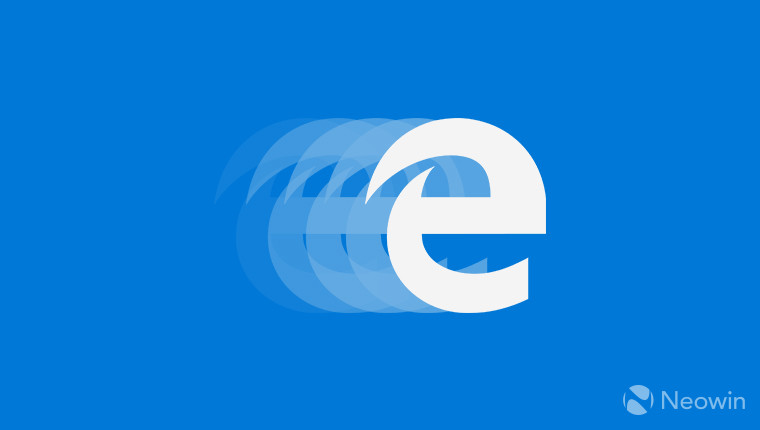Every time Microsoft releases a Windows 10 feature update, it runs some efficiency tests to prove that its Edge browser is significantly faster than the competition, which includes Mozilla Firefox and Google Chrome. Then the company posts the detailed results on its Windows blog and YouTube channel, boasting about the power efficiency of its browser.
Even though the company still has run battery tests, it has remained strangely silent about them, posting about it on GitHub only.

While many thought that Microsoft's silence on the matter was due to Edge finally losing to the competition, it appears that this is not the case. As spotted by Paul Thurrott, Microsoft has indeed run efficiency tests for Edge in Windows 10 version 1809, pitting it against the likes of Firefox and Chrome.
Through these tests, the company has concluded that Edge lasts 24% longer than Chrome and a massive 94% longer than Firefox on average. To perform these tests, Microsoft streamed HTML5 video in fullscreen on identical Surface Book devices running the Windows 10 October 2018 Update multiple times and then computing the average. Other conditions that were kept static for all browsers are as follows:
- Display brightness was set to 50%
- Volume was set to mute
- Location was disabled
- Bluetooth was disabled
- Quiet hours were enabled
- Updates were temporarily disabled
- Device was connected to a wireless network
- Ambient light sensor was disabled
- Defender was running normally and up to date
- Device was physically unplugged and running on battery
- Windows Battery Saver mode was set to activate at 20% battery
- Windows Update was temporarily disabled
- The cache was cleared on each browser
The laptops were allowed to play video until all of them had lost power. After the power had run down and the laptops had shut off, power was restored. Run-time and power consumption data was then collected by running "powercfg /spr" and opening the generated report.
The Surface Book running Edge was able to last a little over 16 hours, the one with Chrome lasted almost 13 hours, while Firefox only managed a measly eight hours.
While Edge appears to have won these efficiency tests easily as well, it is likely that the company did not decide to promote this achievement - as it has always done previously - because of the planned abandonment of EdgeHTML in favor of Chromium. It will be very interesting to see if Microsoft Edge is able to maintain its battery advantage once the switch to Chromium is complete.















44 Comments - Add comment